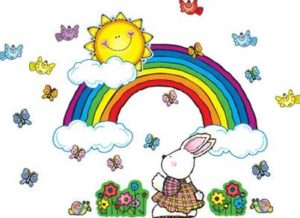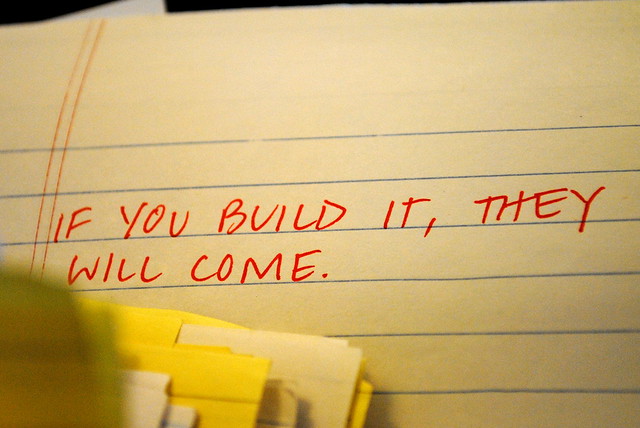After last week’s feel good story, this week is going to focus on the other side of the emotional coin: struggles and frustrations.
As an educator, there is a particular situation which can be extremely difficult and painful to deal with. That is entitlement.
Online course, end of the semester, grades due in 48 hours, inbox flooded with excuses ranging from computer malfunctions to ill pets, and in the digital pile of alibis one has several attachments. Teeth grind, palms clench, eyes close as the message opens:
“I was sick so was not able to hand in the last three essays, I have now completed them. Please remove the 0’s and update my grade. I need to pass this class to graduate.”
There are only a few options available in terms of response, and though limited, the repercussions are numerous.
If blessed with a deity-like ability to forgive, grade the papers, update the scores, and accept that by doing so, both syllabus policy and self respect are thrown out the window.
OR
Stand firm, say no, and accept that by doing so, both inbox and patience will be pushed to their limit by messages of vitriol and accusation.
As an educator, the reality is there is only one choice that maintains the integrity that is expected of the position.
Say no.
By doing so it will feel like the other tenets of education (kindness, understanding, and a desire to see every student succeed) are forced to the side like sediment from a river.
I promise they are not.
In education, scenarios like this will arise. They will be difficult, and that gnawing guilt those hate-filled messages leave is just a shadow on a wall, a fictional monster created by the fingers of a student who just learned some of the most important lessons of life.
Anything worthwhile must be earned, not given.
To be successful requires personal responsibility.
The earlier these lessons are taught, the easier they are to absorb. Have faith that once learned, the inevitable outcome is a wiser, better individual. That is what education is all about.









